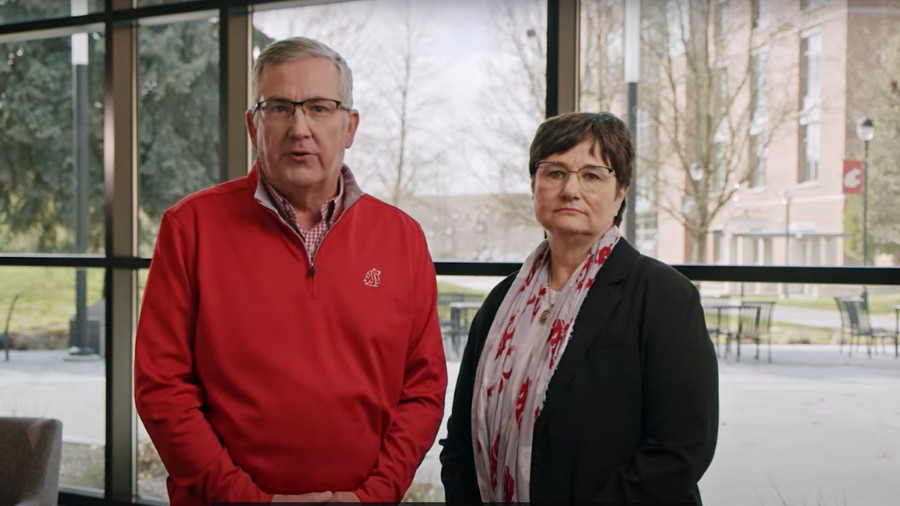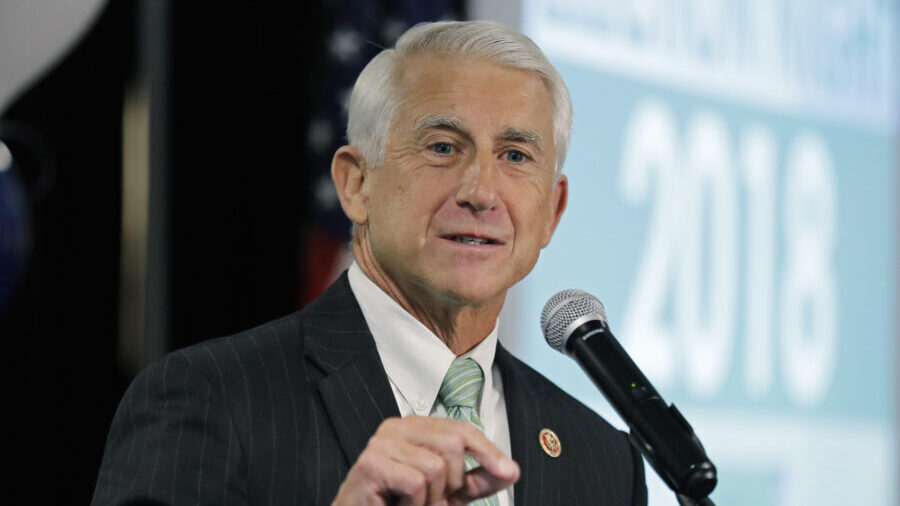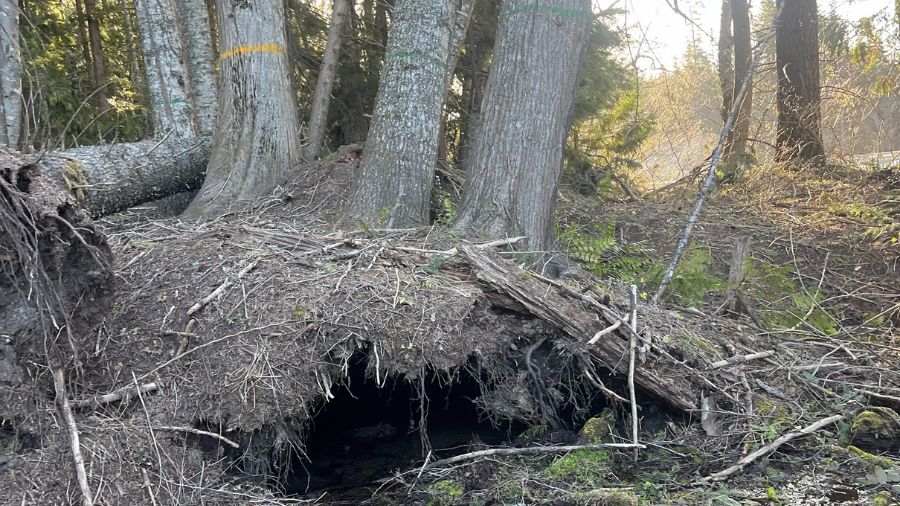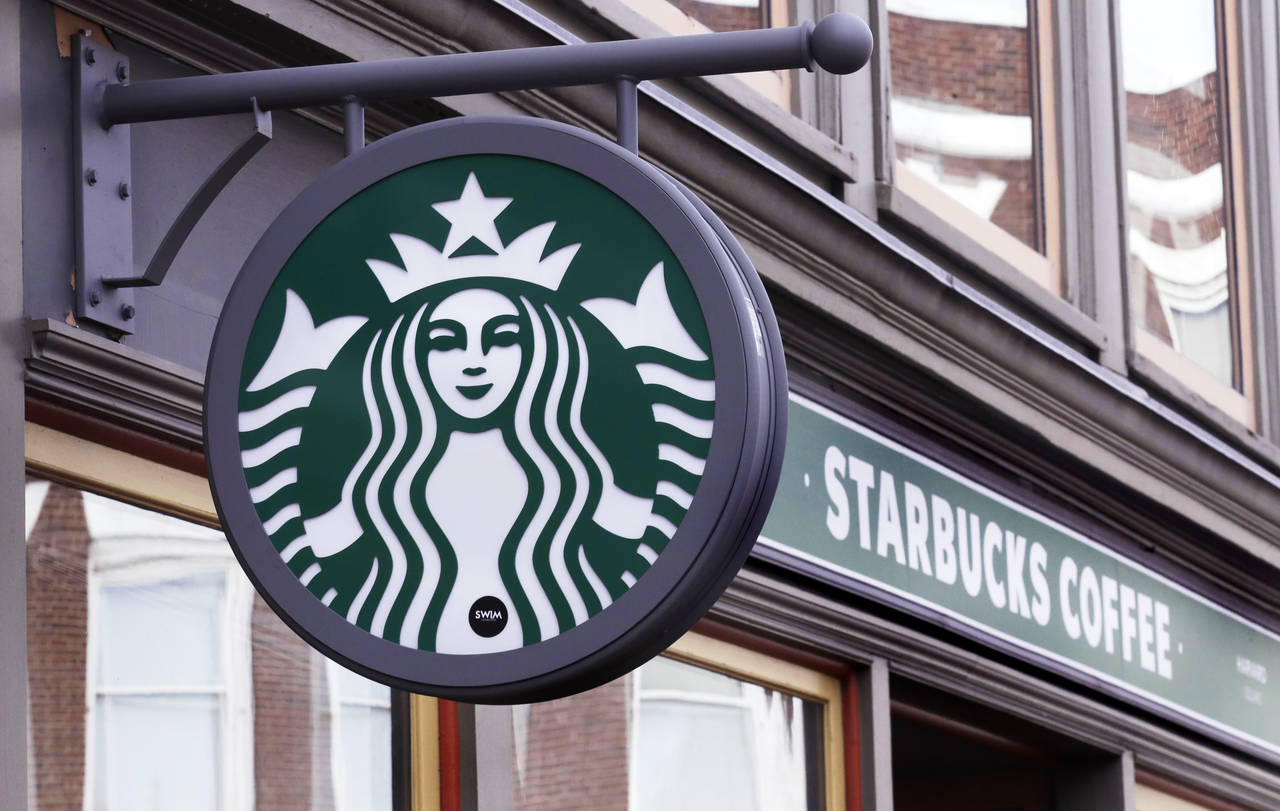Supreme Court denies Bremerton Coach Kennedy’s prayer case
Jan 22, 2019, 11:36 AM | Updated: 2:47 pm
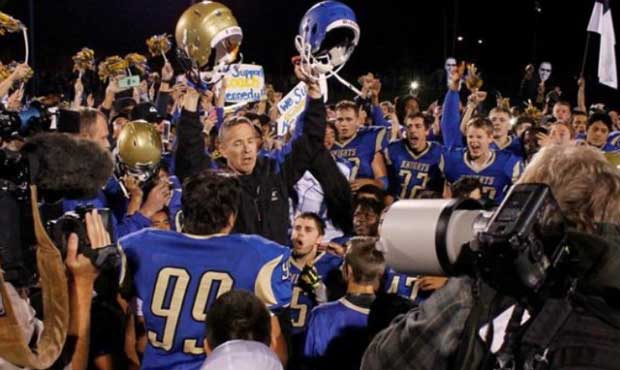
Coach Joe Kennedy at a Bremerton High School football game. (Bremerton Patriot)
(Bremerton Patriot)
Bremerton Coach Joe Kennedy won’t be heading to the United States Supreme Court to argue why he should be allowed to pray with students on a football field.
“He probably doesn’t have any (options) as far as appealing the school district’s original decision,” said former Washington State Attorney General Rob McKenna. “He would have to find another path forward to challenge their policy. And frankly, he’s probably not going to be successful in doing that. The school district has the right to adopt a policy requiring staff not encourage or discourage religious activity — like prayer — in connection with a school activity.”
“To be clear, the issue here was not students on their own getting together and praying, in this case football payers,” he said. “It was that the coach encouraged them to gather at the center of the field after games ended to offer a silent or quiet prayer.”
RELATED: Satanists offer prayer services to Bremerton school
RELATED: Lawyer says Bremerton school has radical rule on school prayer
Coach Kennedy made headlines when he refused to stop praying with his students on the football field after games. The controversy even opened the school up to prayer services from the Satanic Church on school grounds. The school district eventually fired him (via not renewing his contract) citing a conflict involving the government and religion. But Coach Kennedy sued, asking that the district reinstate him. He did not win in district court. That led him to file with the Supreme Court last summer.
In the Supreme Court’s statement released Tuesday, Justice Samuel Alito (backed by Justices Clarence Thomas, Neil Gorsuch, and Brett Kavanaugh) says he doesn’t necessarily agree with the lower court’s decision which did not favor Coach Kennedy — “much less the opinion” — but that the case would be difficult to continue at this point.
I concur in the denial of the petition for a writ of certiorari because denial of certiorari does not signify that the Court necessarily agrees with the decision (much less the opinion) below. In this case, important unresolved factual questions would make it very difficult if not impossible at this stage to decide the free speech question that the petition asks us to review.
The Supreme Court was skeptical of the lower court’s assertion that any teacher or coach is considered on duty at all times — from the moment they report from work to the moment they depart, if they are in sight of a student. Therefore, if a teacher is visible to a student at lunch, they could be told not to fold their hands in prayer.
The Supreme Court couldn’t rule because the lower court did not detail well enough if Coach Kennedy was fired for praying, or by being on the field he was not supervising his team.
McKenna says the school policy in this case is that staff members cannot encourage students to get together and engage in a religious activity. They also are prohibited from discouraging students from engaging in religious activity.
“Students can form Bible study groups, prayer groups, Muslim students can get together and organize prayers during the day,” McKenna said. “As long as they are doing it on their own, it’s fine. It’s when staff gets involved … as agents of the government, you get to a problem here.”
The school district has argued that its policy is based on the United States Constitution’s establishment clause that does not support state sponsored religion.
“Coach Kennedy has rights too,” McKenna said. “There is always that tension in the Constitution in the establishment clause … on the other hand there is the freedom of expression clause, which says we all have freedom of expression when it comes to our religious beliefs. Here, of course, we are talking about a school district employee, a government employee. His rights are going to have to operate within the policies that govern staff at a school district, during school hours, in connection to school activities.”


